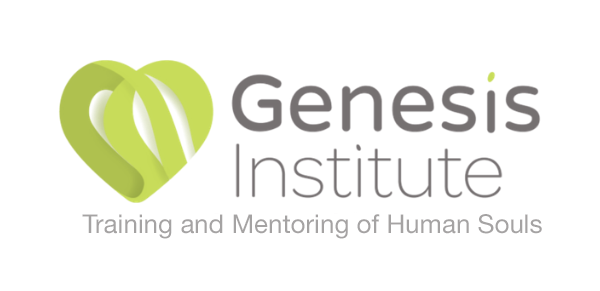
Practicing Trust
We are living in difficult days. The COVID-19 virus continues to lurk in every corner of society adding a smothering layer of insecurity to an already unpredictable life.
How can we deal with all this uncertainty?
How do we become like the person presented in Psalm 112:7 – “He is not afraid of bad news; his heart is firm, trusting in the Lord”? Some of us hear an exhortation to “trust God” as simplistic, dismissive, perhaps even flippant. Some who seriously attempt to find trust and apply it to their anxious, troubled situations end up disappointed.
Trust – what is it and where do we find it?
Trust is our ability to confidently rely on God. It comes easy to innocent children, less so to wary, suspicious, anxious adults. But God is clear: over a hundred times in Scripture we are explicitly urged to trust Him and many more times we find trust to be subtly implied as necessary for life-in-Christ. But trust is not easy because God is invisible, trust seems less than tangible and we are predisposed to look for easier, superficial, more material answers. The crux of the matter is this—believers are supposed to choose to trust God rather than other things which seem more secure and trustworthy.
Trust the Process
The process of trusting God begins with the Holy Spirit who equips believers with a desire to trust the Trinity – it’s a seed slowly growing in our new heart. Believers need to partner with God in cultivating the seed-desire by embracing it and exercising our choice to trust. And keep in mind that real trust must be fueled by more than just willpower—we must be convinced that trusting is in our best interest. God helps with that too: Scripture paints an inviting portrait of the one who trusts God – he/she will become fearless, free, full of joy, safe, secure and thriving.

So the longing/desire to trust God is implanted in our new heart and we are encouraged to embrace and live-into the desire. Yet this desire to depend on the Trinity grows among the weeds of our distrust. We often breathe in the deceptive fragrance of these weeds which entice us to either trust a substitute god or simply despair and distrust everything. And there is one big, huge soul wound which typically distorts our ability to trust – it is the ‘attachment’ wound.
Trusting God is largely a product or fruit of attachment—the crucial bond which forms between a loving parent and the beloved child. Our attachment to God is significantly influenced by our attachment experiences with our biological parents. Many of us must forgive parents and caregivers for violating our trust and renounce both the distrust we’ve developed and the sinful behavior patterns we have adopted as coping strategies for attachment wounds received along the way. The ultimate solution to these compound trust problems is to radically attach ourselves to the One and Only perfect Father God.
Part 2 of the blog series will help us with this solution.
Genesis Institute is a 501(c)3 non-profit counseling and training organization located in Spokane, Washington. We exist to partner with the local Church, to equip and strengthen individuals, marriages and families.
We serve our community through our biblically based and clinically informed mental health counseling services and through our Christ-centered training and mentoring programs. We seek to encourage, equip and empower people in their personal growth. We are focused on helping people move toward true healing, toward forgiveness, and toward real connection so they can experience who they were created to be and the full richness of God’s love for them.
For more information about Genesis Institute, our program and services, and how we might be able to assist you, and to access other free blogs and educational content, please visit our website: www.genesisinstitute.org You can also call our administrative offices at 509.467.7913. or email us at admin@genesisinstitute.org if you have any questions.
Our Vision: Strong and Healthy Individuals, Marriages and Families Resulting in a Strong and Healthy Church and Community
